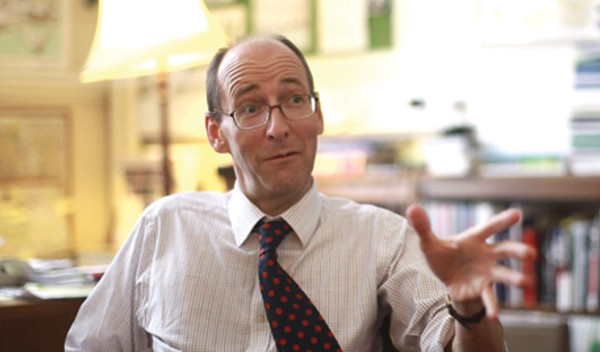

Andrew Tyrie, chairman of the Treasury Committee, stated that while the FCA has been working hard to address weaknesses inherited from the Financial Services Authority, it made a “serious error” last year.
“By breaching its own listing rules, it created a false market in life insurance shares; in doing so it put its own statutory objectives at risk,” he said, adding that the evidence suggests that problems may still exist and it is not yet clear that the FCA has fully grasped this.
“The FCA needs to do more to satisfy parliament, and the public, that it has understood the implications of this episode for the FCA.”
The original incident a year ago this week saw the Telegraph publish an interview with long-term savings and pension Nick Poyntz-Wright, but with quotes attributed to the then FCA director of supervision Clive Adamson Mr Adamson without his knowledge.
The interview revealed the regulator would investigate the level of profits made by insurers from funds closed to new business. The FCA did not react to the news until later in the day, but by that time a market sell-off had seen shares in insurance firms plummet by as much as 20 per cent.
In December, the FCA published a report by Clifford Chance partner Simon Davis into its mishandling of the pre-briefing that led to the article, which found it to be “high risk, poorly supervised and inadequately controlled.”
The Treasury Committee grilled the various FCA executives involved that day, as well as Mr Davis, who ultimately could not apportion blame on any one individual and left any further action up to the committee.
The committee’s report, published today (27 March), stated that by selectively releasing information to the press about its work, the FCA puts its statutory objectives at risk.
By effectively breaching its own listing rules, the regulator itself created a false market in life insurance shares, adding that in failing to meet the high standards it expects of firms it put its credibility at risk. In particular, there were no policies consistent with the guidance the FCA issues for regulated firms on the handling of price sensitive information and no relevant training provided to employees.
“Were a regulated firm to have behaved similarly, the FCA would - rightly - have considered it a serious omission,” stated the committee’s response.
Mr Tyrie added that had a regulated firm behaved as the FCA did last March, it would have likely imposed a considerable fine. “There seemed to be one rule for the regulator and another for the regulated.”
In terms of the pre-briefing itself, the committee said that the strategy can be a useful tool when properly controlled, but warned that ‘trailed pre-briefing’ - in which journalists are briefed and allowed to publish stories on the FCA’s work before the FCA has published an official statement of its own - is “unnecessary and ill-advised”.
In assessing what the FCA has learned from the Davis Report, the committee pointed out that it only went so far in examining the wider implications of his findings for the organisation and its governance.
To address its failings, the FCA’s executive committee should examine communication methods and poor working relationships between divisions; investigate whether it has a problem of inadequate sharing of expertise; commission an external review of its own effectiveness in managing risk, and produce a ‘responsibilities map’ which sets out clearly where senior responsibility lies.
Mr Tyrie concluded that the FCA seems to have lost sight of its overarching objective: to make sure that relevant markets work well.
“It is not clear that the FCA has considered seriously whether there might be wider problems - setting aside the detailed control failures identified by Mr Davis - that help to explain how such a serious incident was allowed to occur.
“In order for the FCA to put this episode fully behind it, it will have to examine these issues in detail in the months ahead,” he said, adding that in the next parliament the committee will consider what further work is appropriate.
peter.walker@ft.com



